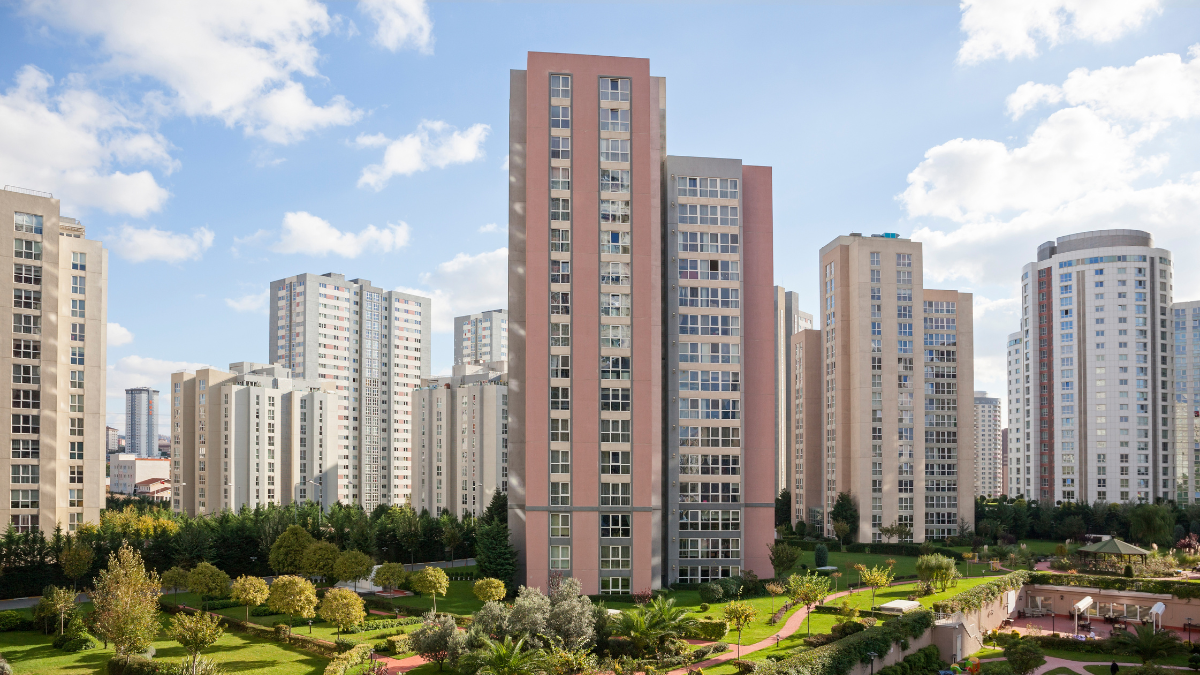
Understand joint development agreement in real estate
September 9, 2022 . Real-Estate Industry . 10 min readReal estate is one of the most important sectors that determine the welfare and development of a nation’s economy. A considerable amount of investment, time, effort, and skill is involved in successfully developing real estate. Investment is necessary for acquiring land, obtaining its conversion permission from the concerned authority for the purpose intended, and for many other reasons. Joint development agreements have become a famous model nowadays where the developer and the land owner combine their efforts and resources.
As per a joint development agreement, the land owner will contribute his land and join to form an arrangement with the developer. The developer will develop and construct a real estate plan according to his budgetary plan.
Hence, a land owner contributes his land, and the developer bears the development and construction cost. In this article, we will discuss more about joint development agreements in real estate.
What is a joint development agreement?
A joint development agreement (JDA) in real estate is an official contract between the landowner and the developer that vividly explains how the construction will take place.
It has become a common aspect in the real estate world that binds both the landowner and builder in a contract for constructing a new property. The landowner receives some provision in return.
As the name suggests, this agreement takes place over fixed guidelines and propositions between two parties.
JDA is the ownership right of the land and the fixed guidelines for the development of the land. Through this agreement, the owner is bound to give the developer his land for development under legal terms and through a fixed contract.
The development or construction work takes place as per instructions, and ultimately the profit shares are divided.
What does the landowner receive in it?
The major things that the landowner receives from the developer in a joint development agreement are:
- Round sum consideration
- Percentage of sales revenue
- A part of the percentage of the newly constructed property on the given piece of land
The above points may vary depending on the terms and conditions of the agreement and what both parties mutually agreed to.
This is how a Joint Development Agreement sums up the resources of the landowner and the builder together. After a certain portion is allocated to the landowner, the rest of the property is sold off by the builder directly.
Structure of a joint development agreement
JDA is a structured formal agreement that consists of many parts based on financial implications. They are as follows:
- Contribution resources
- Costs
- Transfer of the land and execution of the power of attorney
- Marketing Rights
- Handing over the right of land
- Development Rights
- Management of marketing and development responsibilities
- Revenue shares
- Mortgage of land
- Termination of Agreement
Benefits of a joint development agreement
JDA is increasingly becoming popular due to its growing significance in the real estate industry. It comes with several benefits. We have listed a few of them below:
- No initial investment is needed for land acquisition
- Fast and smooth development of the land as working capital is necessary mainly for meeting the construction needs
- Suitable consideration for the landowner
- A win-win situation for both parties
Points to be noted concerning joint development agreements
In the present time, most independent homes and villas are amassing a huge revenue. Therefore, land owners and developers are coming together for new projects. However, before you step into a joint development agreement, you must note some considerations listed below.
- A joint development agreement is a transferable title.
Buyers must remember that the power in real estate and selling the property depends upon the developer. The landowner has fewer rights on the project. They cannot sell the newly constructed building from the developer without obtaining a no-objection certificate from them.
- The documents must be registered
The authenticity and validity of the documents are only proved when they are registered in the sub-registrar office. Registration of the agreement is significant for both the parties and any potential buyer. If you just get the document notarized, you will not be saved from any future consequences. Along with the main document, the supplementary agreement should also be registered.
- A home loan is not available until registration
Without proper registration of the joint development agreements, no home loan is sanctioned by the bank on the property. Of course, one may look out to other financial sources for purchasing property.
Wrapping up
As the real estate market evolves every day, a joint development agreement is becoming more common and handy. it is a beneficial deal for both the owner and the developer as it saves money and eliminates any hassle for both parties. however, it is advisable to properly study the agreement before one enters into such an agreement.



